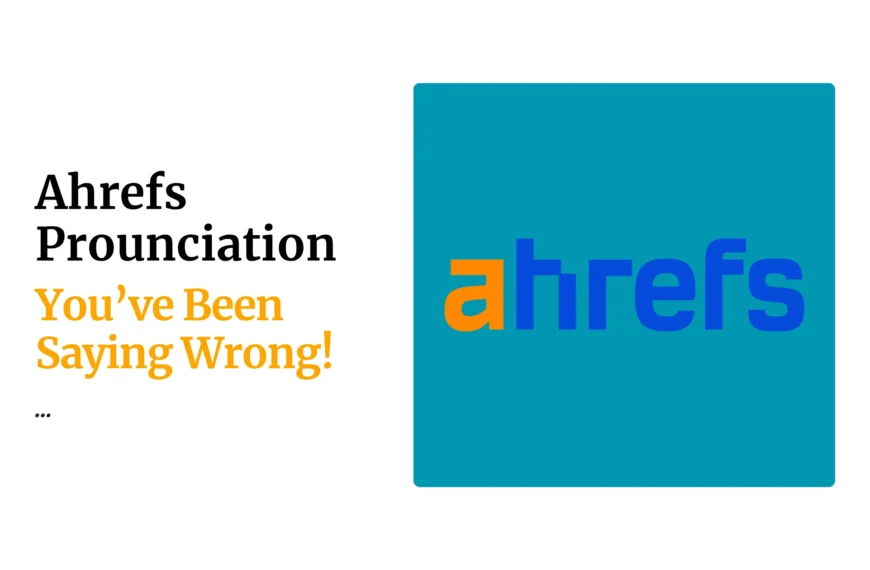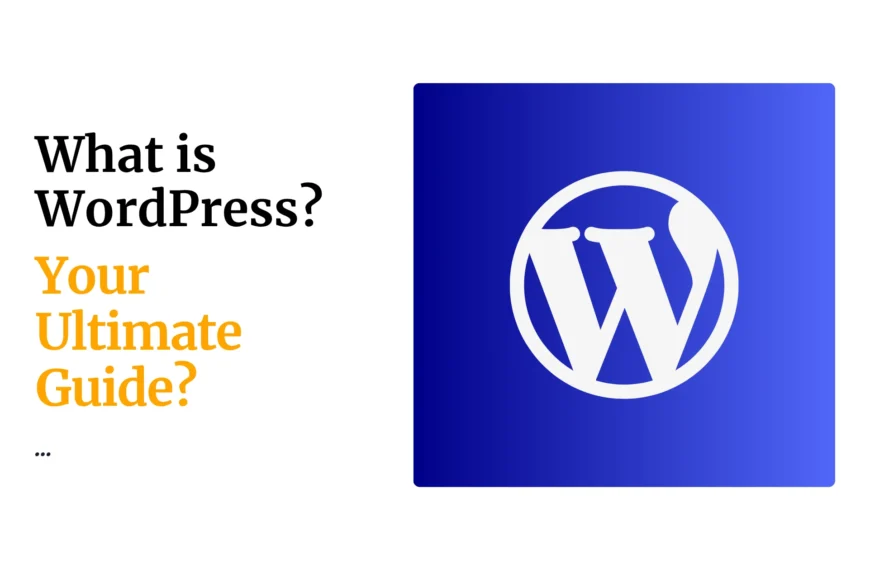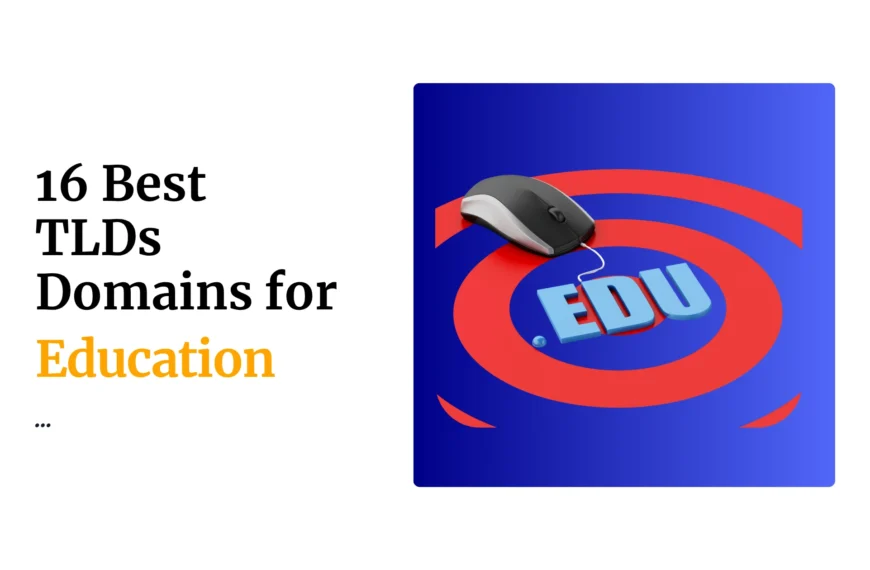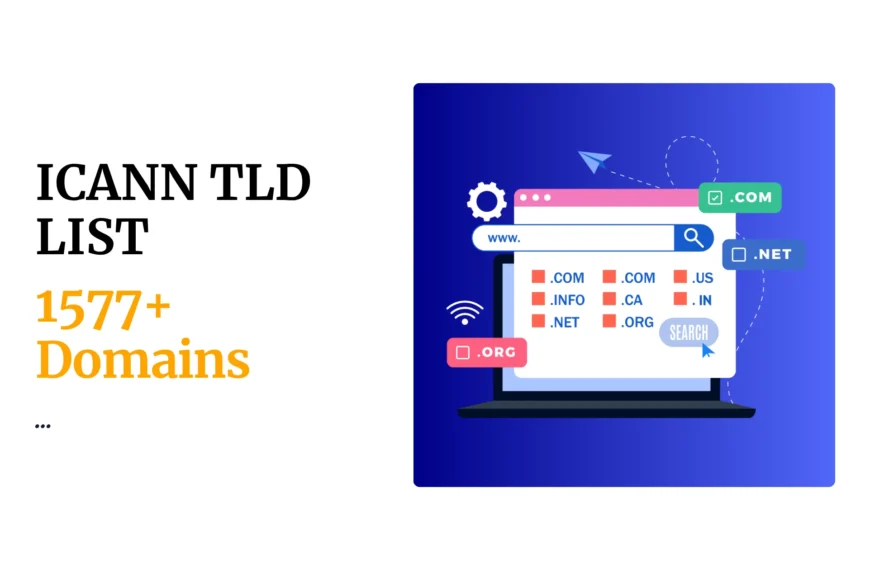The Importance of SSL Certificates
SSL certificates are safeguards that establish secure connections between a user’s browser and a website’s server. They encrypt sensitive data during transmission, thwarting potential hackers from intercepting and deciphering valuable information. There are different SSL certificates. Here, we will look at both wildcard and multi-domain SSL certificates.
The SSL’s Role in Cybersecurity
Beyond data encryption, SSL certificates are the bedrock of trust in the digital space. When a website displays the padlock icon and “HTTPS” in the address bar, users know their information is protected. Moreover, search engines like Google reward secure websites with higher rankings, making SSL certificates crucial for SEO success.
Wildcard and Multi-domain SSL Certificates
A Closer Look at Wildcard SSL
Wildcard SSL certificates take security to a new level by extending protection across a domain and its subdomains. Using a wildcard (*) notation, a single certificate covers unlimited first-level subdomains. This includes subdomains like “blog.example.com,” “shop.example.com,”, portal.example.com and more.
How Wildcard SSL Works
The wildcard (*) notation acts as a master key, effortlessly securing multiple subdomains. It simplifies management, reduces costs, and ensures a cohesive security layer.
Advantages and Benefits
- Cost-Efficiency: One certificate safeguards all subdomains, minimizing expenses.
- Simplified Management: Centralized certificate control streamlines tasks.
- Scalability: As subdomains grow, Wildcard SSL accommodates seamlessly.
Multi-Domain SSL Certificates
Multi-Domain SSL Certificates
These SSL certificates are designed for organizations with diverse digital portfolios. They secure various domains or domain(s) with their subdomains under a single certificate, offering flexibility and efficiency.
Flexibility and Coverage: Each domain or subdomain within a Multi-Domain SSL can have its encryption settings, catering to varying security requirements.
Practical Scenarios: Multi-Domain SSLs are invaluable for businesses managing multiple domains or subdomains. They consolidate security measures, simplify management, and offer tailored protection.
Comparing Wildcard and Multi-Domain SSL Certificates
Choosing Between the Two
Opt for a Wildcard SSL certificate if you manage multiple subdomains under a single domain. Choose Multi-Domain wildcard SSL certificate when dealing with different domains or subdomains needing unique encryption settings.
Tailoring SSL to Your Needs
The choice between Wildcard and Multi-Domain SSL hinges on your domain structure, scalability plans, and security prerequisites.
Selecting the Ideal Certificate
Evaluating Your Digital Landscape: Analyze your domain architecture to determine the best fit for your SSL needs. Consult a renowned and a leading SSL certificates provider.
Scalability and Future Growth: Consider how your online presence may expand. Wildcard SSL accommodates subdomains, while Multi-Domain SSL caters to diverse domains.
Addressing Your Security Requirements: Ensure the chosen certificate aligns with your security strategy. Both options offer robust protection, but the right choice depends on your goals.
Installing Wildcard and Multi-Domain SSL Certificates
Installing Wildcard SSL
- Generate a certificate signing request (CSR).
- Validate your domains.
- Install the certificate on your server.
Setting Up Multi-Domain SSL
- Add domains during certificate purchase.
- Validate each domain.
- Install the certificate on your server.
Renewal Strategies and Maintenance: Stay proactive with certificate renewals. Regularly monitor your subdomains and update certificates as needed.
Conclusion
Securing your online presence against cyber threats is non-negotiable. Wildcard and Multi-Domain SSL certificates empower you to create an impregnable tower of security. Armed with the knowledge of these certificates, you’re equipped to make a well-informed choice that aligns with your domain structure, growth plans, and security aspirations. Make use of these tools to uplift your online security strategy, ensuring user confidence and establishing a resilient digital footprint.
 Domain SearchInstantly check and register your preferred domain name
Domain SearchInstantly check and register your preferred domain name Web Hosting
Web Hosting cPanel HostingHosting powered by cPanel (Most user friendly)
cPanel HostingHosting powered by cPanel (Most user friendly) KE Domains
KE Domains Reseller HostingStart your own hosting business without tech hustles
Reseller HostingStart your own hosting business without tech hustles Windows HostingOptimized for Windows-based applications and sites.
Windows HostingOptimized for Windows-based applications and sites. Free Domain
Free Domain Affiliate ProgramEarn commissions by referring customers to our platforms
Affiliate ProgramEarn commissions by referring customers to our platforms Free HostingTest our SSD Hosting for free, for life (1GB storage)
Free HostingTest our SSD Hosting for free, for life (1GB storage) Domain TransferMove your domain to us with zero downtime and full control
Domain TransferMove your domain to us with zero downtime and full control All DomainsBrowse and register domain extensions from around the world
All DomainsBrowse and register domain extensions from around the world .Com Domain
.Com Domain WhoisLook up domain ownership, expiry dates, and registrar information
WhoisLook up domain ownership, expiry dates, and registrar information VPS Hosting
VPS Hosting Managed VPSNon techy? Opt for fully managed VPS server
Managed VPSNon techy? Opt for fully managed VPS server Dedicated ServersEnjoy unmatched power and control with your own physical server.
Dedicated ServersEnjoy unmatched power and control with your own physical server. SupportOur support guides cover everything you need to know about our services
SupportOur support guides cover everything you need to know about our services








